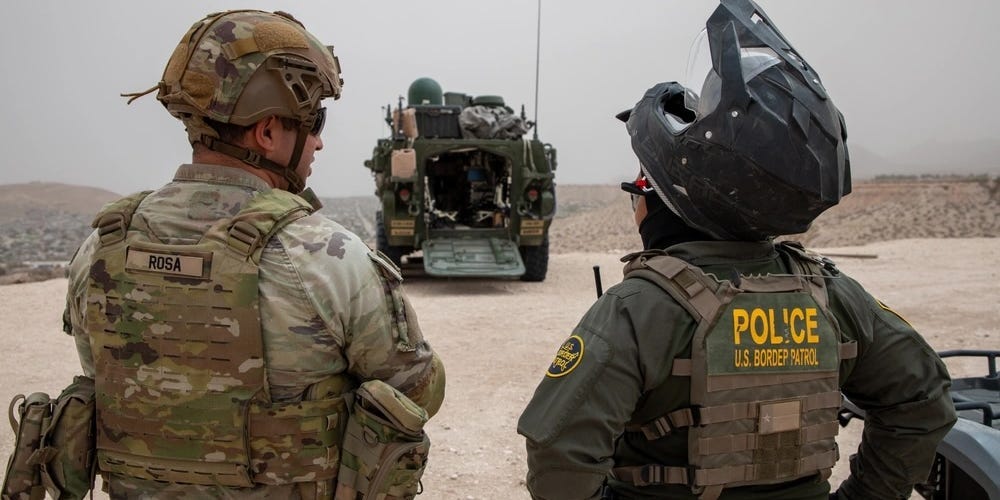Frontline Patrol: Inside the Roosevelt Reservation's High-Stakes Border Enforcement Zone

In a significant move to address border security, the Pentagon is preparing to take control of the Roosevelt Reservation, a vast 170-mile corridor along the southern border of the United States. This strategic area will empower military troops to potentially detain migrants who are found crossing the border without authorization.
The Roosevelt Reservation represents a critical zone where military personnel will have expanded capabilities to manage and respond to unauthorized border crossings. By granting the Pentagon direct oversight of this extensive stretch of land, the government aims to strengthen border control measures and provide a more robust response to immigration challenges.
Under this new arrangement, military troops stationed along the reservation will have the authority to identify and detain individuals attempting to enter the country illegally, treating such crossings as potential trespassing incidents. This approach signals a more militarized approach to border management, reflecting the ongoing complexities of immigration policy and border security.
The decision underscores the increasing intersection of military resources and border protection strategies, highlighting the federal government's commitment to maintaining strict border control and addressing unauthorized migration.
